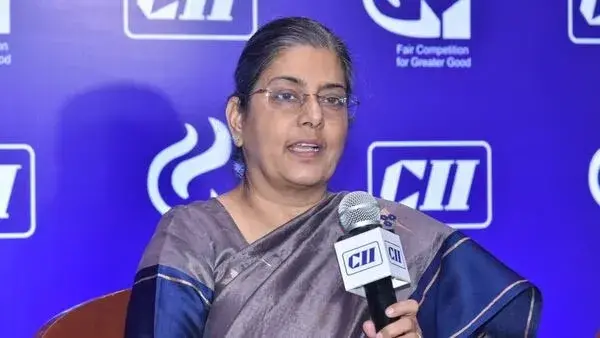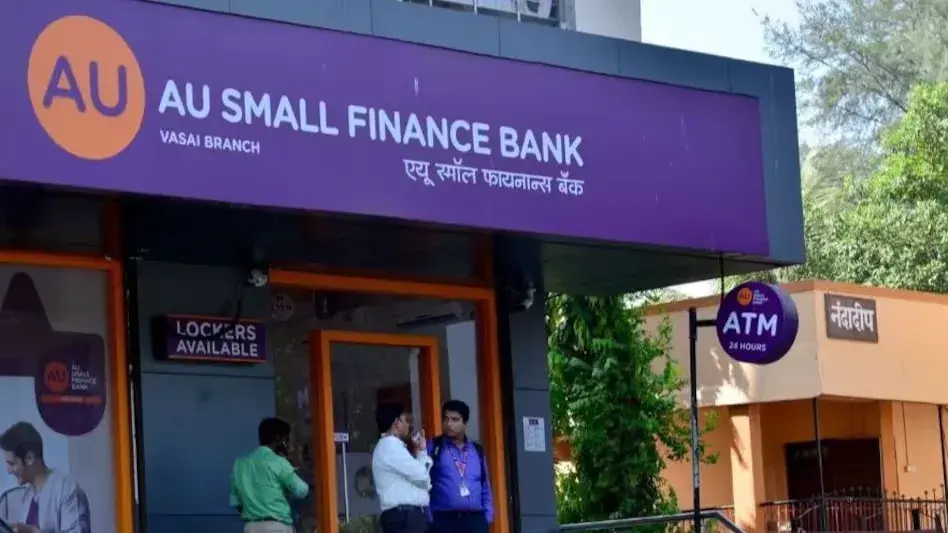Zomato and Swiggy Deny Antitrust Violations Amidst CCI Investigation Claims
In response to recent media reports suggesting antitrust violations, food delivery giants Zomato and Swiggy denied any wrongdoing, labeling the claims “misleading.” The reports indicated that the Competition Commission of India (CCI) had initiated an investigation into the business practices of both companies. In a statement to the Bombay Stock Exchange (BSE), Zomato clarified that while the CCI began a preliminary inquiry in April 2022, no final findings or penalties had been issued. According to Zomato, the investigation followed a CCI “Prima Facie Order” from April 2022 that raised concerns regarding platform practices, such as preferential listings of restaurant partners and price parity requirements across platforms. Zomato’s Company Secretary, Sandhya Sethia, emphasized that these practices are in compliance with the Competition Act of 2002 and do not disrupt market competition. Swiggy echoed a similar sentiment, calling the media reports “misleading” and clarifying that the CCI’s inquiry is still in a preliminary stage. Swiggy, which filed details of the investigation in its September 2024 DRHP (Draft Red Herring Prospectus), emphasized that no conclusions have been drawn. The CCI’s Director General is still examining aspects of Swiggy’s operations, including business conduct, and Swiggy expects to submit further responses before a final decision is made. Both companies reaffirmed their dedication to transparency and regulatory compliance. Zomato assured stakeholders that there have been “no further reportable events” since the preliminary inquiry began, while Swiggy pointed out that the investigative process has yet to yield any determinations or actionable orders. This scrutiny follows a 2022 complaint by the National Restaurant Association of India, which alleged that Zomato and Swiggy’s practices restricted competition by requiring price parity from restaurants, impacting both restaurant margins and competitive market conditions. As Swiggy nears the close of its $1.4 billion IPO bids, both companies await further developments from the CCI’s review. Source: Business Standard Photo Credit: Business Standard
Zomato and Swiggy Deny Antitrust Violations Amidst CCI Investigation Claims Read More »




